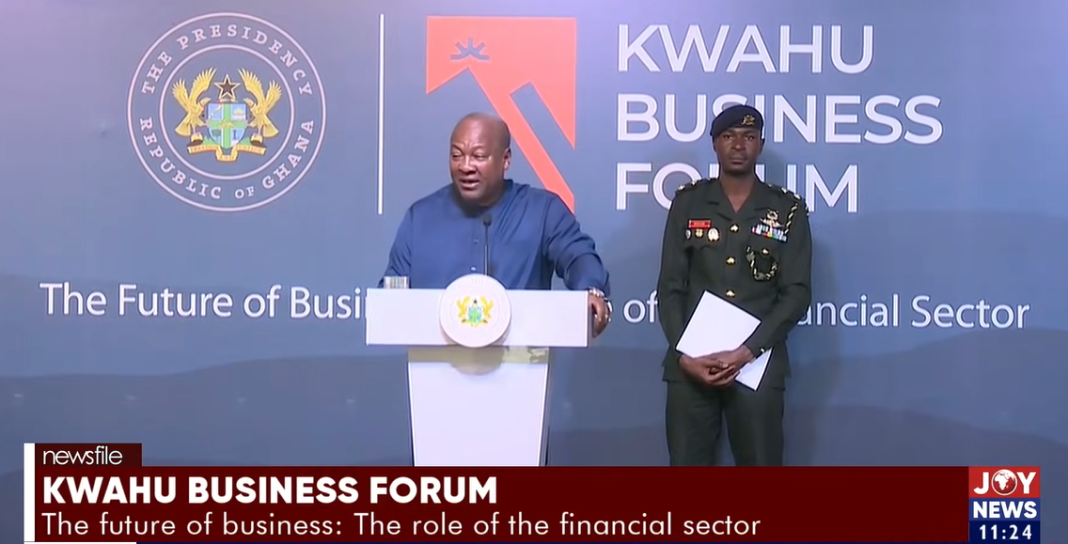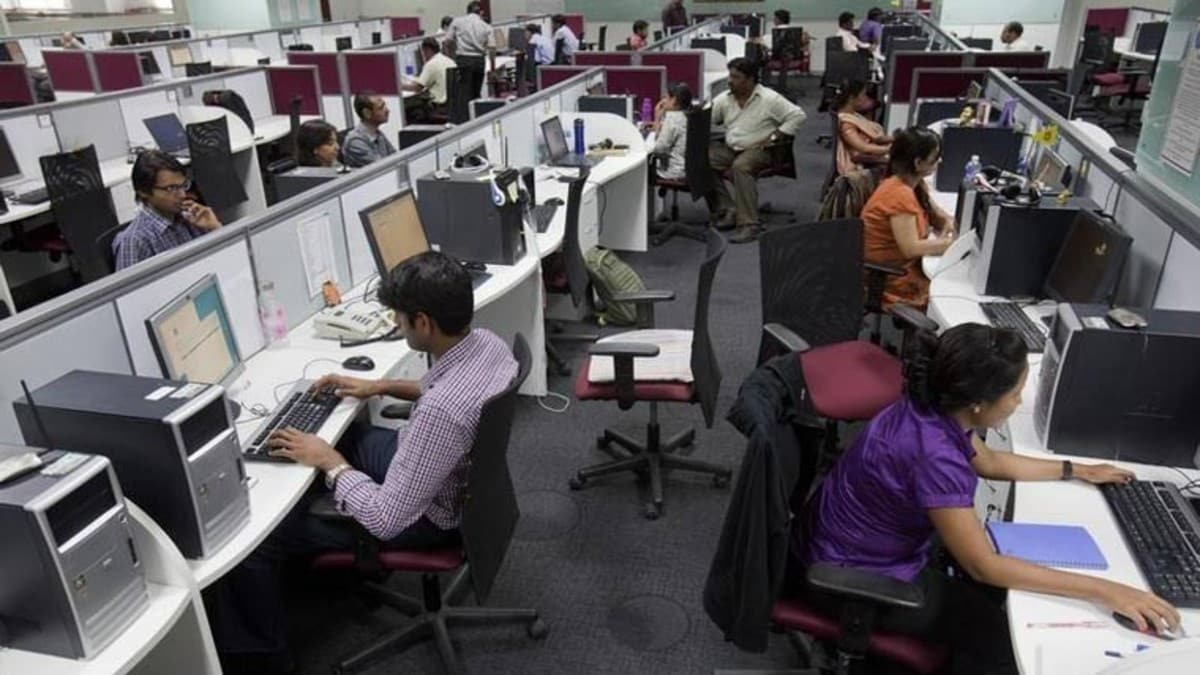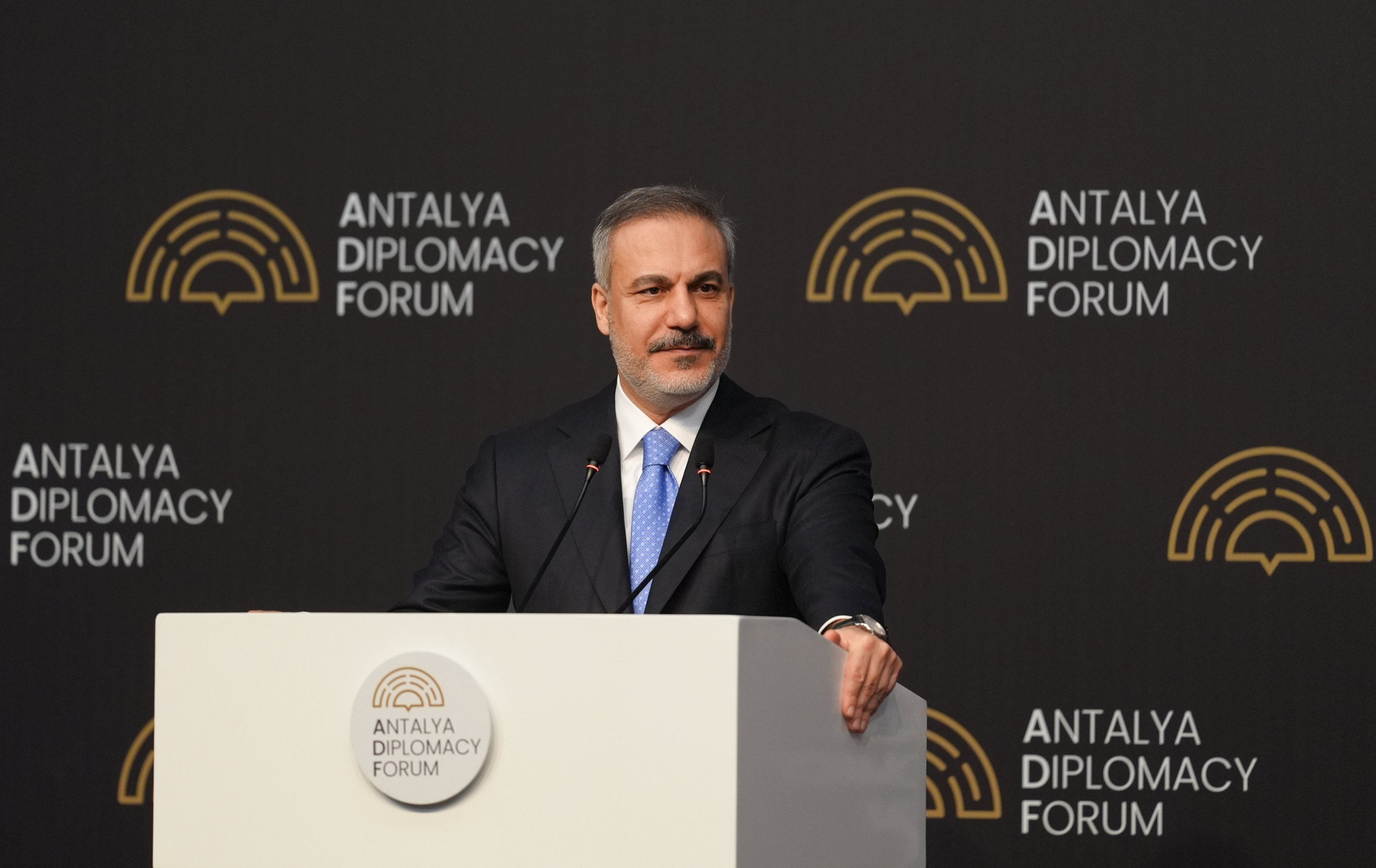And so a grand political experiment enters its testing phase. A series of them, in fact. This is the true significance of this campaign.
In the past three years, every significant grouping in Australian politics has dramatically shifted the way they operate: what they stand for and how they see themselves. In five weeks’ time, we will discover which of those experiments have been successful – and which have failed and will be scrapped. These dramatic stakes are obscured by the petty nature of the political debate now unfolding.

A few days in, we have a tiny tax cut versus a temporary fuel excise cut; a vague supermarket policy versus an unexplained gas policy. A Dutton government would no doubt be very different from the Albanese government, but the differences being debated are mostly minor. Forty per cent of voters now rank Peter Dutton (left) and the Coalition as best to manage the economy, with only 24 per cent naming Anthony Albanese and Labor.
Credit: Marija Ercegovac The leaders don’t put it that way. Peter Dutton warns of ruin if Anthony Albanese is re-elected: “Setbacks will be set in stone.” Albanese, meanwhile, almost gleefully runs through fact after fact about the past three years, reciting contrasts with the Coalition.
Albanese is sharper than he has been for a long time. His lists have always been boring. They are still boring but they are infused now with conviction (as much as lists can be).
This reflects the contrast at the heart of the Albanese experiment. It has been horribly tedious and breathtakingly audacious. Tedious because there has been so little drama: no huge fights, no hugely divisive policy changes (with the exception of the defeated referendum), no colourful characters attracting attention.
And audacious for much the same reason. The lack of fights can seem (and is sometimes) merely timid: it is easy to see it only as an absence. But it has also been deliberate strategy.
When Albanese won government, he made clear his first task was resetting the tone of politics. Things slowed and calmed. A year in, he told me your impression of the government’s pace – whether you thought it speedy or slow or just right – depended on whether you thought about it in terms of one term or whether you imagined it in power for years.
The theory underlying this – that a government can deliver reforms in this noisy era only by going about them gradually while largely avoiding fights, thus embedding changes over many years in power – is a stark departure from the general approach of Labor governments. Albanese has spoken, too, of wanting Labor to be Australia’s “natural party of government”, a massive shift in the party’s self-conception. With the campaign under way, we may now be witnessing the beginning of another shift.
Albanese has struggled this term to articulate his government’s purpose: to tell a story. Just as it has for leaders overseas, it is possible Donald Trump’s return has changed that. Several weeks back , Albanese began to emphasise the ways Australia was not America.
Since the campaign started he has leaned heavily into the theme, talking about “the Australian way” and coupling it with insinuations Dutton is copying policies from elsewhere. Mostly, this is an attempt to link Dutton to Trump. But the more interesting issue is whether we are watching the formation of a guiding theme that might be important in an Albanese second term (if it happens).
In recent years, progressive movements have puzzled over how to knit together patriotism with left-wing values. As a friend recently remarked to me, Albanese seems to be feeling his way towards his own version of this. Dutton, too, is conducting a major experiment.
This wasn’t entirely his choice: moderate MPs lost to teals at the last election, leaving the Coalition’s make-up further to the right than it was. But Dutton has not just passively accepted this: he has acted strategically in what he has tried to make of that situation. Rather than attempting to fight circumstances, Dutton has built on them, not attempting to win back voters who left the Liberals for the teals, but focusing on the voters of outer suburbia.
This is a different Liberal Party from the one most of us grew up with. The difficulty in evaluating this experiment is that Dutton has – for good reason – not pursued it wholeheartedly. Dutton’s instincts are to fight on culture and race, national security and crime, which could have made it easy for him to take his party to the right.
Perhaps sensibly, he has been mindful of Australia’s centrism, not willing to go too far. In practice, achieving this balance has meant avoiding policies or details that might divide his MPs. And the cost of that is now on display.
First, Dutton is under consistent pressure to explain his agenda. Also, for perhaps the first time in his career, there is something slightly muddled about the image Dutton projects. A large part of this is luck: Trump’s chaos means the strongman image Dutton has for so long cultivated is less appealing than it was.
Still, this may be only temporary. Trump’s action on tariffs later this week will test both Albanese and Dutton, and their responses may be defining. Two final experiments, just as significant.
One is whether the teals can succeed in the absence of Scott Morrison, and what role their own agenda will play in the campaign. The final one, lately overlooked, is the Greens’ shift to become the party of renters – and more broadly their increased focus on economic issues. Will this election see yet another increase in the non-major-party vote? What the major parties avoid could end up as important as the things that get their focus.
Australian democracy is in the process of being remade. After this election, the unsuccessful experimenters will tell us the conditions weren’t really fair: events intervened in unexpected ways. That will be true – but irrelevant.
An election happens once: you have to fight in the conditions you’re given. Afterwards, the successful experiments will continue, the failures will be abandoned, and new ones will begin. Sean Kelly is the author of The Game: A Portrait of Scott Morrison , a regular columnist and a former adviser to Julia Gillard and Kevin Rudd.
.
Politics

What the major parties avoid could be as important as what gets their focus

A Dutton government would no doubt be very different from the Albanese government, but the differences being debated are mostly minor.















